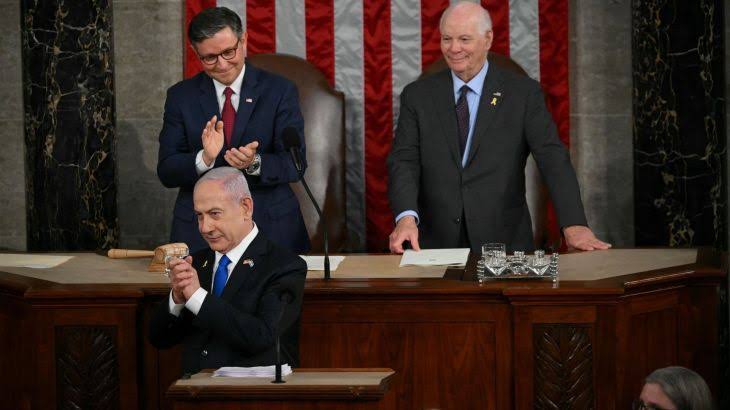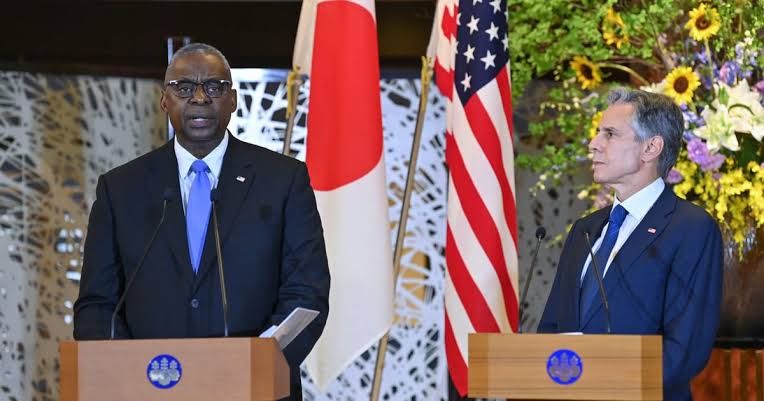**How the U.S. Changes to Military Command in Japan Will Affect the Area**
The US’s recent move to change the way its military commands work in Japan is likely to have big effects on the security situation in the region. As part of Washington’s larger plan to deal with growing threats from China, North Korea, and Russia, this restructuring is meant to make U.S. forces in the Asia-Pacific area more effective and ready for action. The changes will likely make the U.S. military stronger and better able to deal with new threats. They will also likely have an effect on geopolitical relations and the stability of the area.
Strategic Focus on Fighting Threats in the Region
The U.S. is changing the way its military is commanded in Japan because it wants to better fight China, North Korea, and Russia, which are all major threats. People are worried about the stability of the area and people’s right to navigate freely because China’s military is growing and acting more assertively in the South China Sea. North Korea’s continued nuclear and missile tests are a direct threat to the safety of the area. At the same time, Russia’s actions in the Indo-Pacific region and its growing military cooperation with China have made things even more complicated when it comes to security.

New U.S. military strategy in Japan aims to strengthen security against rising regional threats.
The U.S. plans to improve its military position in Japan by making both structural and strategic changes in reaction to these changing threats. This includes making changes to command structures that make them more efficient and better at coordinating, using more advanced military equipment, and working together with Japanese troops more. In this way, the U.S. hopes to build a stronger and more flexible defense that can handle any security problems that might come up in the area.
**Impacts on Defense Cooperation Between the US and Japan**
The new structure of the U.S. military command in Japan will make the strategic relationship between Washington and Tokyo stronger. The U.S.-Japan Security Alliance is an important part of regional security, and better coordination and more streamlined command systems will help it. This relationship is very important for keeping the balance of power in the Asia-Pacific region and making sure that both countries are ready to handle any crises that may happen in the area.
The changes should make joint training and operations more successful, bringing together U.S. and Japanese forces even more. This improved ability to work together will make both countries’ defenses stronger and help make the regional security plan more unified. As a result of the realignment, the countries may work together more on missile defense and cybersecurity, two issues that worry both sides due to the progress in technology and the threats that rival countries pose.
**Reactions in the region and geopolitical implications**
The changes the U.S. is making to its military in Japan are going to have an effect on the politics of the whole Asia-Pacific region. Some countries, like China, may see the changes as a direct threat to their growing power and strategic goals. Beijing’s reaction could include sending more troops to the area and working harder to stop activities by the US and its allies.
North Korea could also respond to the stronger U.S. military presence by making more threats or speeding up its military projects. In the past, the North Korean government has used these kinds of situations to make its point and gain power in diplomatic talks.
Russia may have to make more strategic changes because of the stronger U.S. military presence in Japan. These changes could affect Russia’s policies and relationships in the area. In answer, Moscow might strengthen its military ties with China or do more in areas it wants to control to balance out the U.S. presence.

U.S. revamps military command in Japan to boost regional defense capabilities.
The United States’ changes to its military leadership in Japan are a big change in the Asia-Pacific region’s strategic landscape. Washington wants to improve its defenses and boost its relationship with Japan by focusing on dealing with threats from China, North Korea, and Russia. The restructuring will make it easier for countries to work together and make the area more stable, but it will also change the way geopolitics works and how important players in the region react. As the changes happen, their effects on regional security and the balance of power will become clearer. These effects will also have an effect on how the U.S. and its allies will interact in the Asia-Pacific in the future.